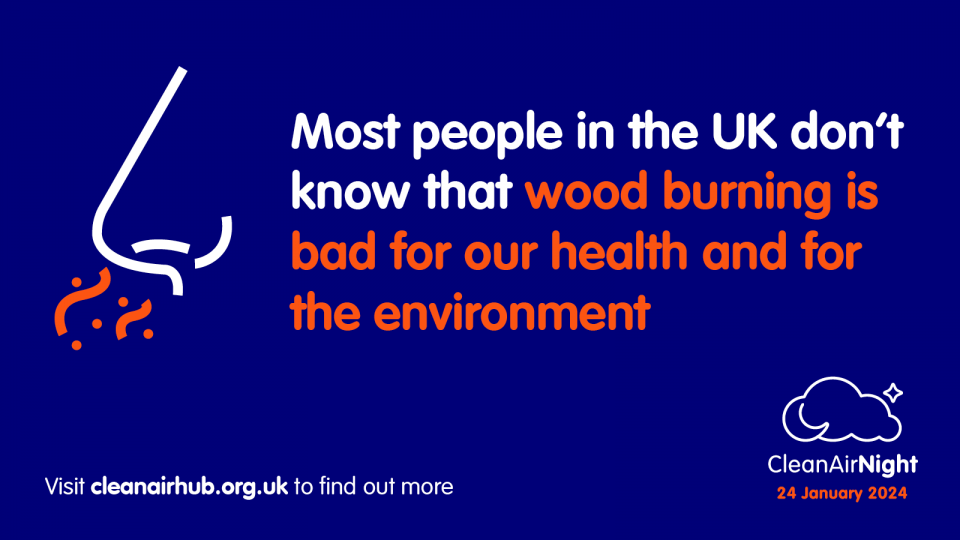Annual General Meeting
The Institute’s Annual General Meeting was held on Friday 17 November at the Edinburgh Training and Conference Centre with many members attending, some in person and others via MS Teams. Evonne Bauer gave her Presidential Report reflecting on the previous year in her role as President. Prior to the AGM was the Institute’s annual Environmental Health Update where we heard from an excellent line up of speakers including Food Standards Scotland and Falkirk Council, speaking on collaboration of authorities with regard to the “slimming pill case”; challenges surrounding LEZs from Transport Scotland; climate and health problems with intensive farming from the Compassion in World Farming and a view from Fife Council on commercial premises and Net Zero Waste. The presentations from the event can now be view on the REHIS Members area.
Lynn Crothers has now been installed as the Institute’s President for the coming year. Congratulations to the Lynn and all the newly elected Members of the Council. You can view the Council Members here. MEMBERS OF THE COUNCIL
REHIS Annual Environmental Public Health and Housing Update, 29 November 2023
The annual Public Health and Housing update event is being held on 29 November 2023. The online event will have presentations on the health risks associated with lead in drinking water, traditional buildings and retrofit, details on the use of the shared common repairs app; and more. To book a place please click here
Updated Scheme of Continuing Professional Development
As a corporate member of the Institute, you are recognised as a professional through your commitment to the scheme of continuing professional development (CPD).
The Royal Charter under which the Institute operates offers a unique opportunity for EHO members to achieve Chartered EHO status subject to complying with the CPD scheme. This is the highest possible professional status and recognises an individual’s professional qualifications, training, experience within, and commitment to, environmental health practice.
The Institute has recently updated the scheme of continuing professional development to one single flowing document for both EHO and non EHO members. The updated scheme also includes alternative options to the written submission for EHOs with or working towards Chartered status.
Read more about the updated CPD scheme here CPD – REHIS
Special Investigators Course
The Special Investigators Course is being held in Stirling from 11-15 December. Although the course is full, depending on interest the Institute would be happy to organise another 5 day event or perhaps a shorter event on specific aspects of investigation, evidence gathering, witness interviewing and court room proceedings. Happy to hear your thoughts! contact@
Water, Wastewater and Drainage Policy Consultation
The Institute has been invited to comment on the consultation below and thought this may be of interest to our members. The proposed changes will replace the Water (Scotland) Act 1980 and incorporates all water quality including PWS. The consultation seeks views on developing policy for the future of the water industry in Scotland in response to the climate emergency and refers to the “climate crisis” that is happening now. You are invited to comment on risks and recommendations laid out by the Climate Change Committee (CCC).
The closing date for responses is 21 February.
https://consult.gov.scot/energy-and-climate-change-directorate/water-wastewater-and-drainage-policy-consultation/








